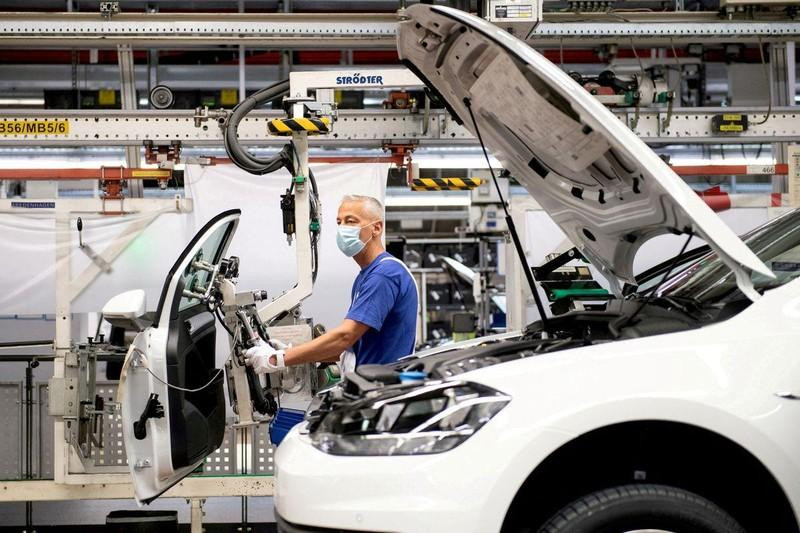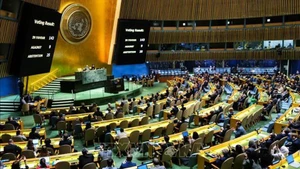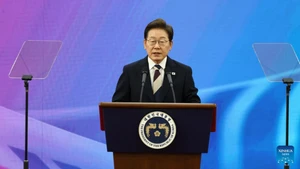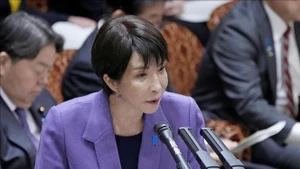In dealing with the biggest risk of the economy, the lack of energy, Germany has actively diversified its supply in 2022 to gradually escape from dependence on Russian gas.
Federal Minister for Economic Affairs and Climate Action Robert Habeck took a five-day tour to Namibia and South Africa last week. In the Namibian capital of Windhoek, Minister Habeck and a delegation of 24 German business leaders signed an agreement with businesses in the host country on green hydrogen production.
Under the agreement, the German company RWE may receive up to 300,000 tonnes of green ammonia per year, a hydrogen derivative particularly suitable for transport by ship.
During his stop in South Africa, Habeck embarked on a broader German government mission to establish new energy alliances abroad.
Habeck previously travelled to Canada, Qatar and Norway in an effort to secure supplies of liquefied natural gas (LNG). Accordingly, energy group Qatar Energy and ConocoPhillips agreed to supply 2 million tonnes of LNG per year to Germany starting from 2026. ConocoPhillips will act as the intermediary to supply gas from North Field East and North Field South projects of Qatar to the LNG import port of Brunsbuttel in northern Germany.
To receive new gas sources, Germany is accelerating the construction and improvement of energy infrastructure. On December 9, energy company Uniper announced that it is about to put Germany’s first floating LNG receiving station into operation at the port of Wilhelmshaven to connect with the national gas pipeline network.
This floating receiving and operating station, called Hoegh Esperanza, is a special vessel that can convert liquefied natural gas into gas and pump it ashore, and is also capable of transporting large amounts of LNG on board.
A German government spokesman said the Hoegh Esperanza will carry enough LNG from Nigeria to supply the yearly needs of 50,000 German households.
After 200 days of construction, starting from May 2022, the port of Wilhelmshaven completed the gas pipeline network and connected it to the national pipeline system on the mainland.
Along with solving the ‘energy problem’, the German Government is also actively coordinating with other EU members to curb inflation and bring the inflation index to the target level of 2% within the next two years.
Data released by Germany’s Federal Statistical Office (Destatis) showed that inflation in September had increased by 10% year on year, the highest level in the past 70 years.
The Federal Finance Ministry has provided a support package of up to 13 billion EUR in 2022 for consumers and businesses affected by rising energy prices. The German government is also working to address a short and medium-term challenge of the economy, namely the labour shortage.
Accordingly, the cabinet of the German federal government approved the main points in the new draft immigration law, which is expected to be enacted in 2023 to create more favourable conditions for migrant workers.
The German Federal Employment Agency has forecast that Germany will see a reduction of 7 million jobs by 2035 and that this number will need to be gradually compensated for from domestic and foreign sources starting next year.
With such efforts, despite many difficulties, Europe’s leading economy has shown positive signs of recovery. Destatis said Germany’s GDP in the past quarter grew by 0.4% compared to the previous quarter, higher than the 0.3% growth recorded in October.
Analysts have said that the increase of the business environment index in recent time signals that economic difficulties may not be as severe as previously forecast.
















